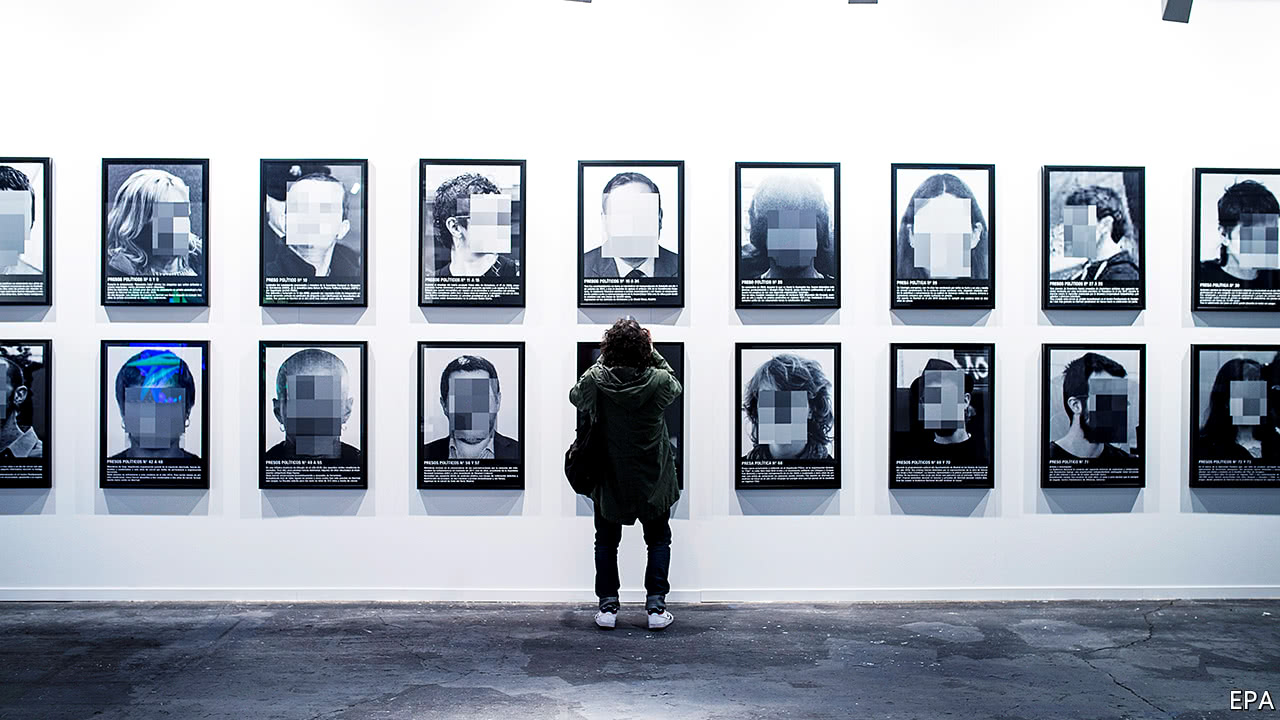The Economist sobre la censura en España:Los últimos incidentes confirman una tendencia preocupante
El semanario británico afirma que los jueces "profundamente conservadores" están "dañando la imagen de la democracia española en un momento delicado"
Viernes, 02/03/2018 | Actualizado a las 22:40 CET
El semanario británico afirma que los jueces "profundamente conservadores" están "dañando la imagen de la democracia española en un momento delicado"
Viernes, 02/03/2018 | Actualizado a las 22:40 CET
- rapero mallorquín Valtònyc y la orden judicial de retirar el libro 'Fariña', de Nacho Carretero.
artículo de 'The Economist' explica la situación de los líderes independentistas encarcelados. Y dice: "Los separatistas violaron deliberadamente la Constitución y la ley. Los políticos españoles señalan que los separatistas se enfrentan a cargos por sus acciones, no por sus creencias, y por lo tanto, contrariamente a lo que sostiene el señor Sierra, no son "presos políticos". El mismo medio asegura que "podrían haber sido procesador en cualquier lugar de Europa" y que "grupos pro derechos humanos les preocupa que la prolongada prisión preventiva sea desproporcionada".
El artículo termina recordando que Santiago Sierra ha vendido la obra por 80.000 euros y que será expuesta en Lleida.

